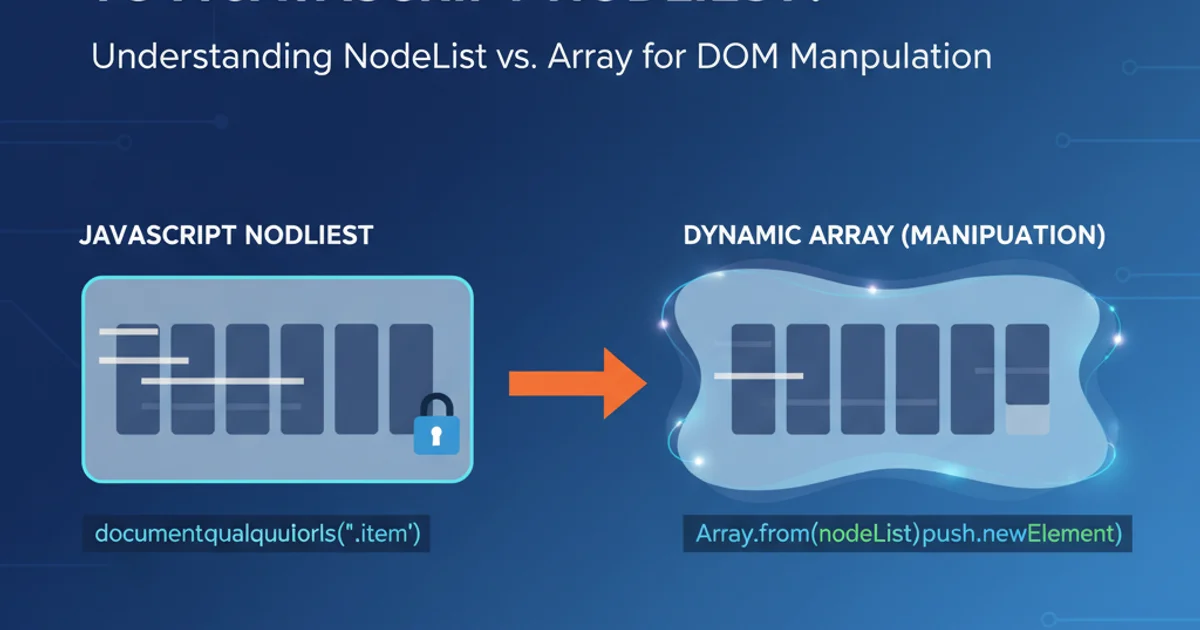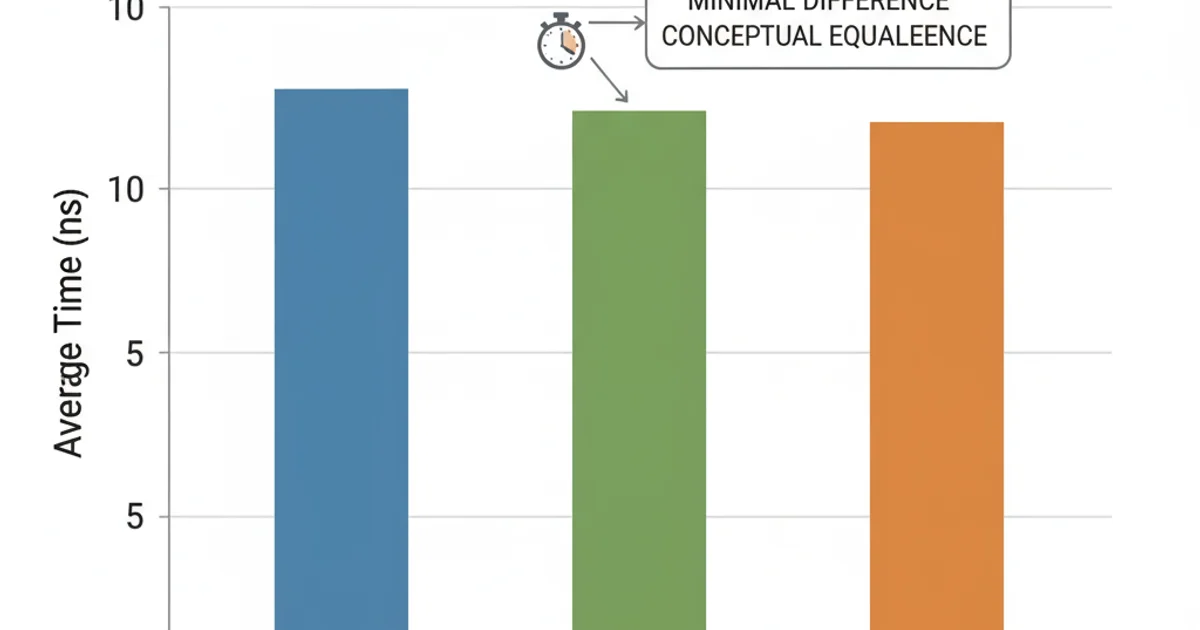Fastest way to find out minimum of 3 numbers?
Categories:
Optimizing Minimum of Three Numbers: C, Assembly, and Performance

Explore various techniques, from high-level C to low-level assembly, for efficiently finding the minimum of three numbers, focusing on performance implications and practical applications.
Finding the minimum of a set of numbers is a fundamental operation in programming. While seemingly trivial for three numbers, understanding the underlying performance characteristics and different implementation strategies can be crucial for performance-critical applications, especially when this operation is repeated millions or billions of times. This article delves into various methods for determining the minimum of three integers, comparing C language constructs with direct x86 assembly, and discussing their respective performance profiles.
Standard C Approaches
In C, the most straightforward way to find the minimum of three numbers involves using conditional statements or the ternary operator. The standard library function fmin (or min in C++) can also be used, though it typically operates on floating-point types and might involve type casting overhead for integers. For integers, direct comparison is usually preferred.
#include <stdio.h>
// Using if-else statements
int min_if_else(int a, int b, int c) {
int min_val = a;
if (b < min_val) {
min_val = b;
}
if (c < min_val) {
min_val = c;
}
return min_val;
}
// Using nested ternary operators
int min_ternary(int a, int b, int c) {
return (a < b ? a : b) < c ? (a < b ? a : b) : c;
}
// Using a helper function (more readable for multiple comparisons)
int min_two(int x, int y) {
return x < y ? x : y;
}
int min_helper(int a, int b, int c) {
return min_two(min_two(a, b), c);
}
int main() {
int x = 10, y = 5, z = 12;
printf("Min (if-else): %d\n", min_if_else(x, y, z));
printf("Min (ternary): %d\n", min_ternary(x, y, z));
printf("Min (helper): %d\n", min_helper(x, y, z));
return 0;
}
Common C implementations for finding the minimum of three integers.
min_two as a helper function is often the most readable and maintainable approach. Modern compilers are highly optimized and will likely generate very efficient code for these simple comparisons, often reducing them to a few conditional move instructions.Leveraging x86 Assembly for Performance
While C compilers are excellent, understanding the underlying assembly can reveal how these operations are executed and sometimes offer opportunities for micro-optimizations. Modern x86 architectures provide instructions like CMOVcc (conditional move) which can avoid branch mispredictions, a significant performance bottleneck. For finding the minimum, CMOVL (conditional move if less) is particularly useful.
flowchart TD
A[Start with A] --> B{Is B < A?}
B -- Yes --> C[Min = B]
B -- No --> D[Min = A]
C --> E{Is C < Min?}
D --> E
E -- Yes --> F[Final Min = C]
E -- No --> G[Final Min = Min]
F --> H[End]
G --> HFlowchart illustrating the logic for finding the minimum of three numbers using sequential comparisons.
; Function: int min_three_asm(int a, int b, int c)
; Arguments: a in EDI, b in ESI, c in EDX (System V AMD64 ABI)
section .text
global min_three_asm
min_three_asm:
mov eax, edi ; Assume a is min (eax = a)
cmp esi, eax ; Compare b with current min (a)
cmovl eax, esi ; If b < eax, then eax = b
cmp edx, eax ; Compare c with current min
cmovl eax, edx ; If c < eax, then eax = c
ret ; Return eax (which holds the minimum)
x86-64 assembly implementation using conditional move (CMOVL) instructions.
-O2, -O3) will yield comparable or even better performance due to advanced compiler optimizations that might be difficult to replicate manually in assembly.Performance Considerations and Benchmarking
The 'fastest' way often depends on the context. For three numbers, the difference between C and assembly will be negligible on modern CPUs. The primary performance factors are:
- Branch Prediction: Conditional jumps (
ifstatements) can cause pipeline stalls if the CPU mispredicts the branch. Conditional move instructions (CMOVL) can mitigate this by executing both paths speculatively and then selecting the result without a jump. - Instruction Latency: The number of clock cycles required for each instruction.
- Compiler Optimizations: Modern compilers are incredibly sophisticated. They can often transform C code into highly optimized assembly, sometimes even using
CMOVccinstructions automatically.
Benchmarking is essential to determine actual performance differences in your specific environment. Micro-benchmarks can be misleading; focus on the impact within your larger application.

Conceptual performance comparison of different minimum-finding methods.